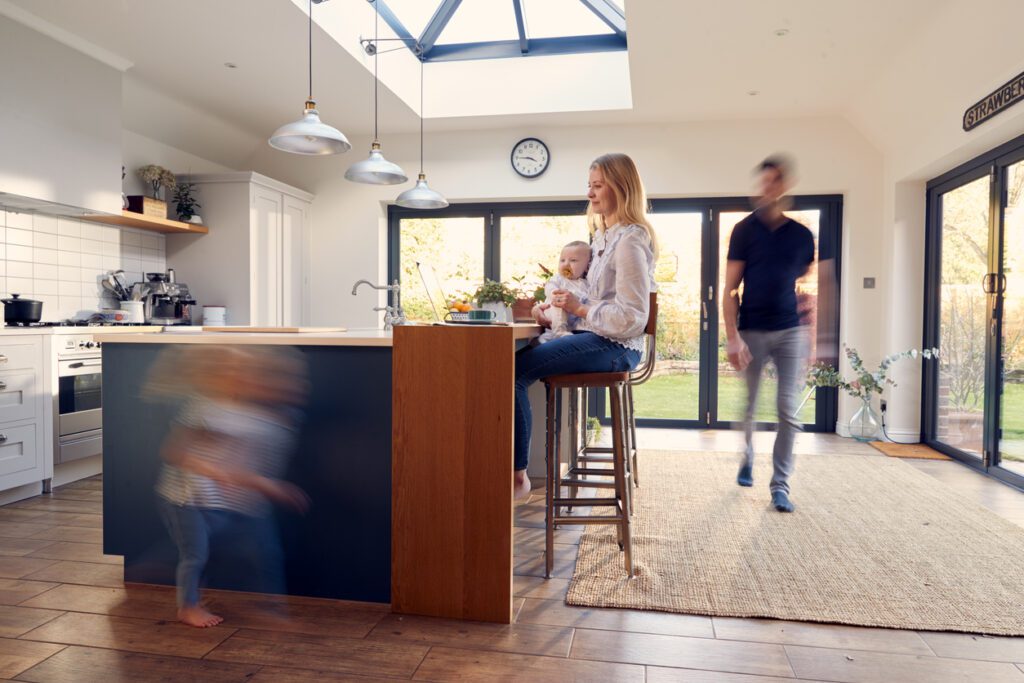Authors
Business Property Relief (BPR) from inheritance tax (IHT) is a valuable relief for business owners and their families when considering succession planning. Provided the conditions for relief are met, it is possible to claim 100% relief from IHT.
The recent case of Butler & Others v HMRC [2023] UKFTT 00872 (TC) provides further clarification and guidance on the activities required to be carried out for a business to be deemed wholly or mainly trading, as opposed to wholly or mainly holding investments.
Butler concerned a wedding business which was operated from a historic barn. The wedding business formed one of the three activities which were undertaken by a limited liability partnership (the LLP), the other two being farming and commercial letting.
The issue in dispute was whether the LLP’s business activities consisted wholly or mainly of holding investments or whether they were wholly or mainly trading.
The farming element of the business was clearly a trading activity, and the commercial lettings element was clearly an investment activity. Therefore, the classification of the activities of the wedding business (which was the most significant aspect of the LLP’s overall activities) as either trading or investment, was a key factor in assessing whether the business as a whole would qualify for BPR.
The First Tier Tribunal (FTT) considered that although amenities and services were provided by the wedding business (including the use of a dance floor and the installation and reconfiguration of furniture and facilities for every ceremony), these did not go beyond the level of activities usually provided for an investment property.
The FTT again referred to the spectrum originally described by Carnwath LJ in HMRC v George [2004] and later applied to furnished holiday let cases in PRs of Graham (deceased) v HMRC [2018] – a bare letting of furnished accommodation would clearly be an investment activity, whereas the provision of “hotel” levels of service would be more indicative of a trading activity.
The FTT described the corresponding spectrum in this context as the hire of “a village or community hall” on the one hand (investment), versus “a fully serviced conference venue” on the other (trading). The wedding barn venue business was not deemed to have met the level of activity required and, consequently, the LLP as a whole was not entitled to BPR.
Whilst not wholly surprising given HMRC’s existing approach to furnished holiday lets, Butler is nevertheless another stark reminder of HMRC’s high threshold of facilities and services required to qualify for BPR. The bar remains extremely high. It also further illustrates the importance of undertaking appropriate planning to ensure that a business is structured (and monitored on an ongoing basis) to maximise the chance of securing BPR, particularly where there are a number of different (potentially investment and trading) elements to the business as was the case in Butler, and as is often the case in a landed estates context.
If you have any questions or would like to discuss this further, please contact Iwan Williams, Charlotte Coombs or another member of our Tax, Trusts & Succession team.



